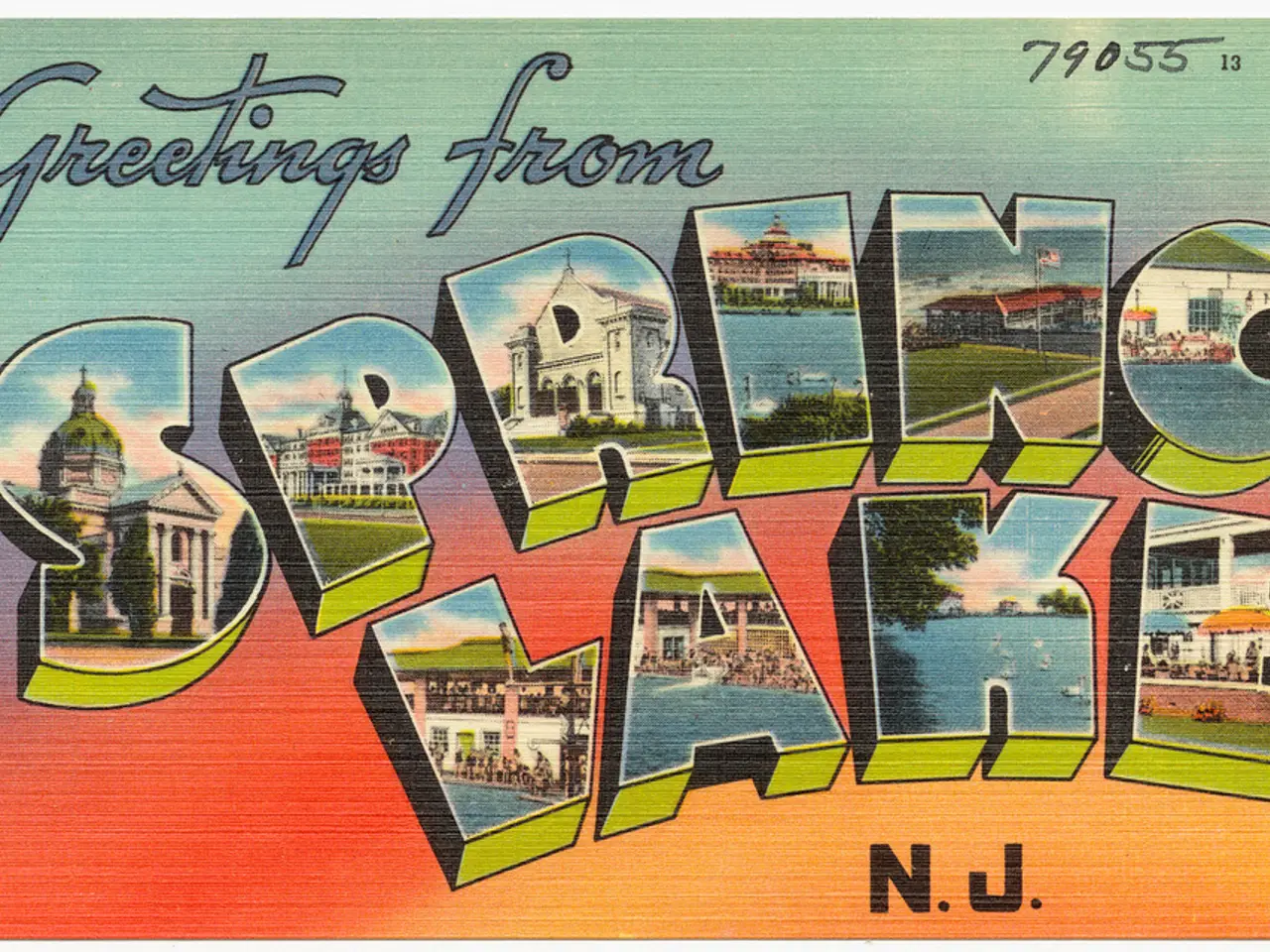Georgia implements complimentary rooftop solar program, drawing EPA's interest in seizing grant funds
The Environmental Protection Agency (EPA) has made a controversial decision to terminate the $7 billion Solar for All program, a move that could potentially disrupt ongoing solar projects and their anticipated benefits for participating communities. The termination was announced on August 7-8, 2025, by EPA Administrator Lee Zeldin, who cited the elimination of the statutory authority and funding under a recent tax and spending law signed by former President Donald Trump.
The decision effectively ends funding that was already awarded or allocated, including the $156 million grant awarded to The Capital Good Fund, a Solar for All recipient leading the Georgia BRIGHT program. Georgia BRIGHT recently launched a no-cost solar plan for about 900 low-income households, with nearly 500 signing up within 24 hours of its launch.
The program's future is now uncertain as the EPA's move risks clawing back contractually obligated funds and potentially halting these solar initiatives. Environmental groups and stakeholders are expressing concerns, warning that the move will hinder efforts to reduce energy costs for low and middle-income households and slow the deployment of clean energy in disadvantaged communities. Some have pledged legal challenges, asserting the program’s importance and readiness to continue projects.
One pilot participant, Christine Difeliciantonio, saw her power bill plunge from $224 in June 2024 to $50 in June 2025 after her panels came online. The solar panels could be taken away before they land on the roofs of the affected families.
Georgia BRIGHT is not backing down. They are planning a Utility-Led Community Solar initiative, sending grants to local utilities for shared-solar programs designed specifically for low-income customers. They are also working on Community Benefit Solar, allowing businesses, houses of worship, and apartment buildings to go solar and share benefits with eligible neighbors for five years.
The grant money was awarded under President Biden's 2022 Inflation Reduction Act. The Georgia BRIGHT Communities Coalition was allocated $156 million from Solar for All to bring solar to thousands of households statewide between now and mid-2029. Georgia, a state without other solar incentives, is benefiting from these initiatives as they aim to make solar energy more accessible.
The 30% federal solar tax credit is ending this year, making initiatives like Georgia BRIGHT even more crucial for low-income households. Legal groups are gearing up to challenge the EPA's move in court. EnergySage, a free service that helps find trusted, reliable solar installers with competitive pricing, stands ready to assist those affected by the EPA's decision.
As the fight over Solar for All heats up, it's clear that the stakes are high. The program's termination could kneecap Georgia's new solar program and pull the rug out from under low-income solar projects nationwide. Alicia Brown, director of Georgia BRIGHT, stated that the program will deliver significant savings to vulnerable communities as the cost of living increases. Kym Meyer of the Southern Environmental Law Center stated they will see the EPA in court if the funding is unlawfully stripped.
In the midst of this challenge, Georgia BRIGHT remains committed to delivering solar energy to low-income households, offering custom rooftop installs with no upfront cost and guaranteeing at least 20% savings on day one. Families that earn 80% or less of their county's Area Median Income can enter a drawing for the No-Cost Solar Plan now, with another 400 systems available in spring 2026.
As the legal battle unfolds, it's a race against time to secure solar energy for low-income families before the panels are taken away. The future of solar energy for these communities hangs in the balance.
- In response to the terminated Solar for All program, Georgia BRIGHT is planning to deploy a Utility-Led Community Solar initiative, where grants will be sent to local utilities for shared-solar programs designed specifically for low-income customers, utilizing electric vehicles for the transportation of solar equipment to further promote green energy.
- Amid the legal challenges and uncertainty over the Solar for All program, the adoption of clean electricity through solar energy in disadvantaged communities is being accelerated by organizations like EnergySage, as they help low-income households find trusted solar installers, highlighting the impact of the program on the affordability of electric vehicles.







